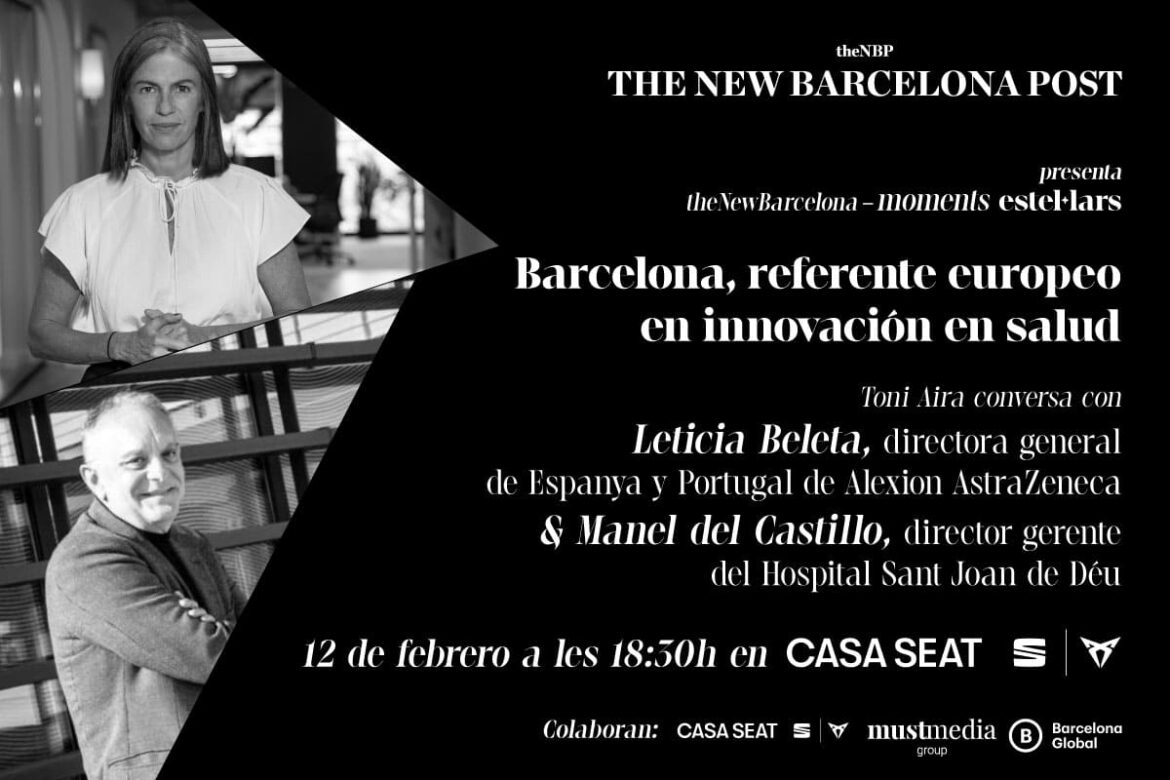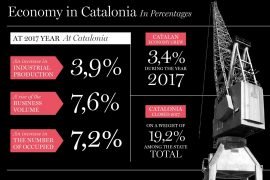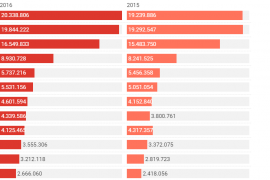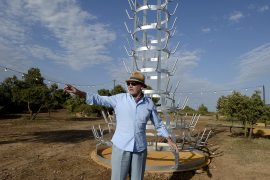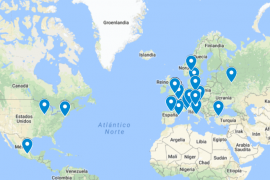In recent years, Barcelona has consolidated its position as a clear reference in Europe in health innovation. The reference hospitals in the Catalan capital are among the favorites of large pharmaceutical multinationals when it comes to choosing where to carry out a clinical trial. This hospital excellence, combined with Catalonia’s long tradition in the pharmaceutical sector, has favored the development of a powerful healthcare innovation ecosystem which also encompasses universities, biomedical research parks and a growing number of research institutions startups in the life sciences sector.
The next session of the cycle The New Barcelona – Moments Estel-l ars,to be held on February 12, will focus on analyzing the keys to the city’s success in the field of clinical research and, in particular, in a market segment in which Barcelona stands out: the development of new drugs and therapies for patients affected by a rare or minority disease.
For this, we will have as guests Leticia Beleta, general manager for Spain and Portugal of the pharmaceutical company Alexion AstraZeneca Rare Disease, and Dr. Manel del CastilloManaging Director of the Hospital Sant Joan de Déu, a reference center in pediatrics, pediatric oncology and rare diseases.
With the collaboration of CASA SEAT, Must Media Group and Barcelona Global, the session Barcelona, European reference in innovation in health will take place on Monday, February 12 at 18:30h in the auditorium of CASA SEAT. As usual, the monthly meeting organized by The New Barcelona Post will be attended by journalist and UPF-BSM professor Toni Aira, who will talk with the two speakers and encourage attendees to ask questions. To attend as an audience it is essential to reserve a ticket in advance. To get a free ticket, click here.
It is estimated that 80% of rare diseases have a genetic origin and that there are around 400 million people affected worldwide, with a high incidence in children. In Spain, the number of patients with rare diseases is estimated at three million, of which approximately 600,000 people live in Catalonia. Alexion, a Boston-based company acquired by British pharmaceutical company AstraZeneca, is dedicated exclusively to the development of life-changing drugs for rare and ultra-rare diseases for patients and their families. Its subsidiary for the Spanish and Portuguese market, headed by Leticia Beleta, was established in Barcelona fifteen years ago. Since 2020, it has quadrupled its workforce from 67 employees to 271 professionals. This growth is largely due to Alexion’s decision to locate its European research hub in the Catalan capital.
According to the pharmaceutical company, its vision is to become “the number one company in rare diseases by 2027, multiplying the number of patients by five and launching five new drugs, the development of which is being worked on at the Barcelona Global Hub”.
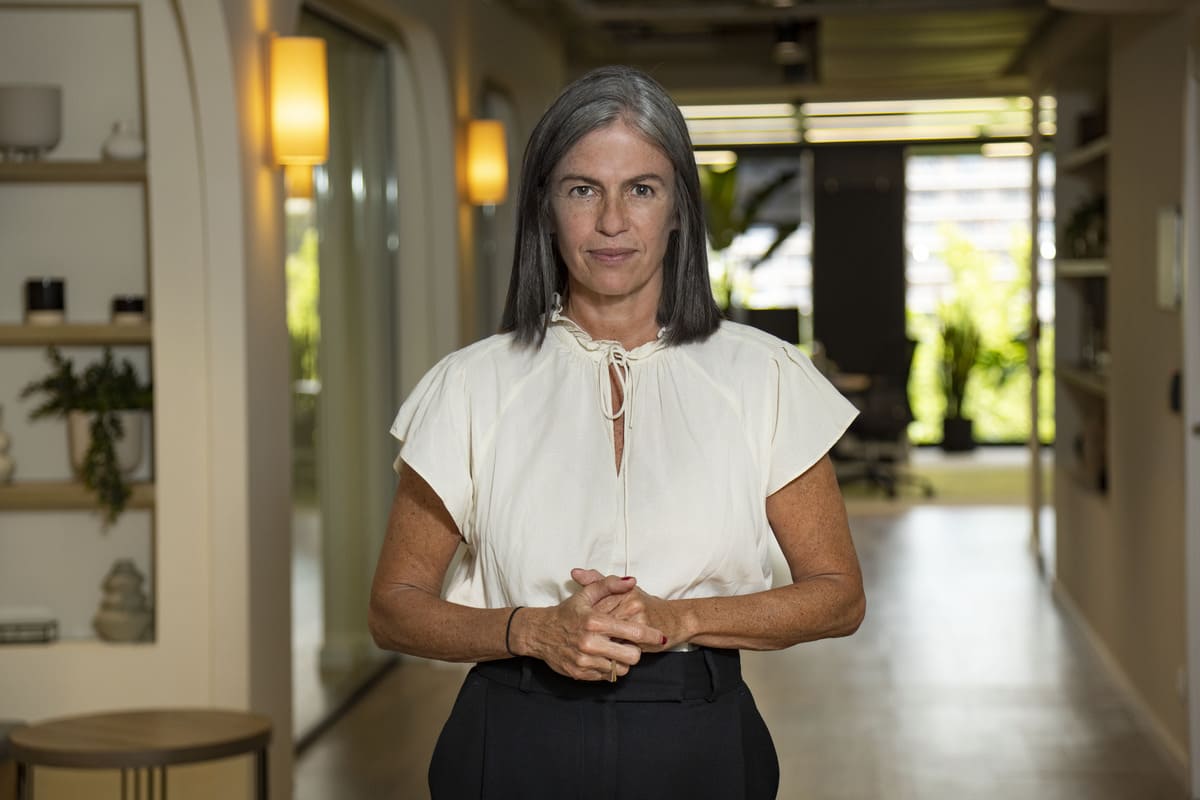
Leticia Beleta has more than 20 years in the pharmaceutical sector, where she has held different commercial positions for both hospital products and rare diseases, including a brief international experience. In the context of rare diseases, she has also been vice-president of the Spanish Association of Orphan and Ultra-Orphan Drug Laboratories (AELMHU). She began her career first as a clinical psychologist and then in market research for FMCG companies at the Kantar agency. In 2007 he joined the Novartis group, where he worked for nearly thirteen years, until joining Alexion in 2014. She has held the position of general manager of the subsidiary for Iberia for the past five years.
For its part, the Hospital Sant Joan de Déu, headed by Manuel del Castillo, is the health center that treats the most children with minority diseases in Europe . The hospital has more than 28,000 active patients with 1,400 different pathologies. It also coordinates the Únicas project, which brings together a working ecosystem involving 30 Spanish hospitals. This initiative aims to create and consolidate an innovative comprehensive care model that guarantees specialized and multidisciplinary care for pediatric patients with rare diseases. This system aims to address these pathologies from a healthcare, social, technological and research angle. To this end, Únicas plans to create a platform for storing and sharing data between hospitals, a specialized telemedicine center and a school for caregivers, among other initiatives.
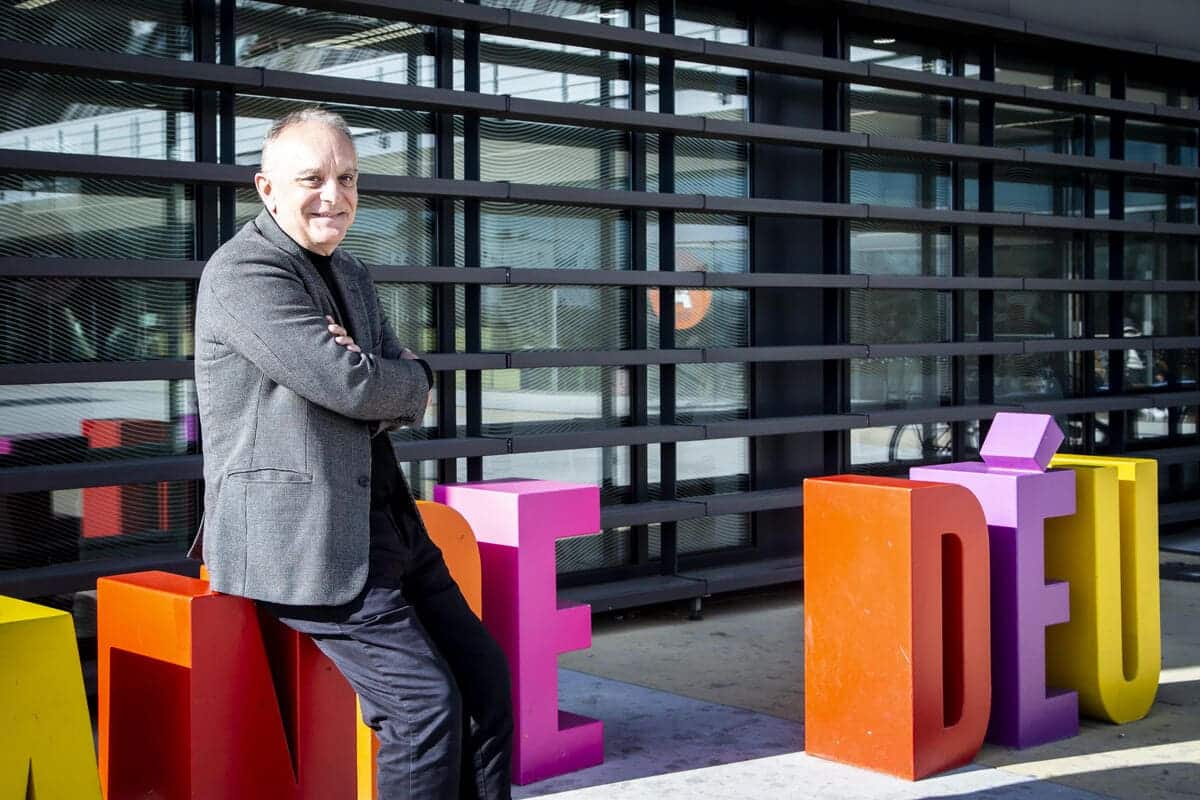
This is the context in which the recent alliance that the Hospital Sant Joan de Déu has forged with the La Caixa Foundation.will bring 7.5 million to the hospital over the next three years to support its research on these diseases, which include more than 10,000 low prevalence pathologies, since they register less than five cases per 10,000 inhabitants. According to Del Castillo, the agreement aims to “accelerate the diagnosis of patients and increase the number of targeted therapies, mainly based on advanced and emerging therapies”.
Manuel del Castillo has more than 35 years of experience in hospital management and is also chairman of the board of trustees of the Fundació Factor Humà. He is a physician specializing in family and community medicine and has a master’s degree in public company management from Esade. “I am a manager, but I have never stopped being a doctor,” heexplained in the interview he gave last year to The New Barcelona Post. Along with the Únicas project, one of its most recent achievements is having led the construction and start-up of the SJD Pediatric Cancer Center Barcelona, a world reference center in children’s oncology that involved an investment of 37 million euros, contributed by thousands of donors.

